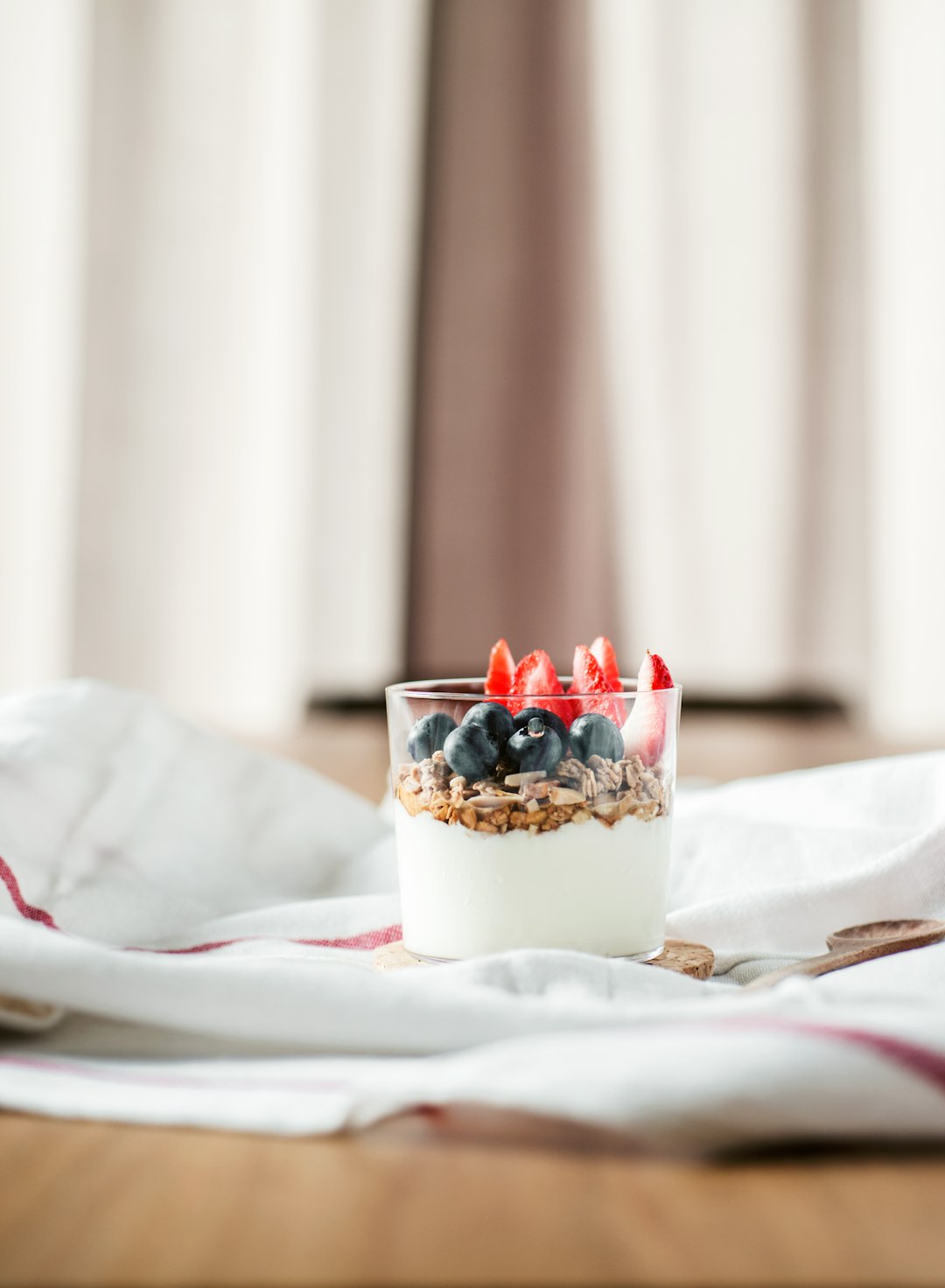
You've probably heard conflicting advice about dairy and acne, and Greek yogurt seems to be right in the middle of the debate. Some claim it triggers breakouts, while others swear by its skin-loving probiotics. So, what's the truth? Let’s break it down.
Research suggests that dairy, especially cow’s milk, may contribute to acne for some people. This is due to the hormones naturally present in milk, which can stimulate oil production and lead to clogged pores. Additionally, some individuals experience inflammation from lactose intolerance or dairy allergies, which could worsen skin conditions. However, everyone's skin responds differently, making it a tricky topic.
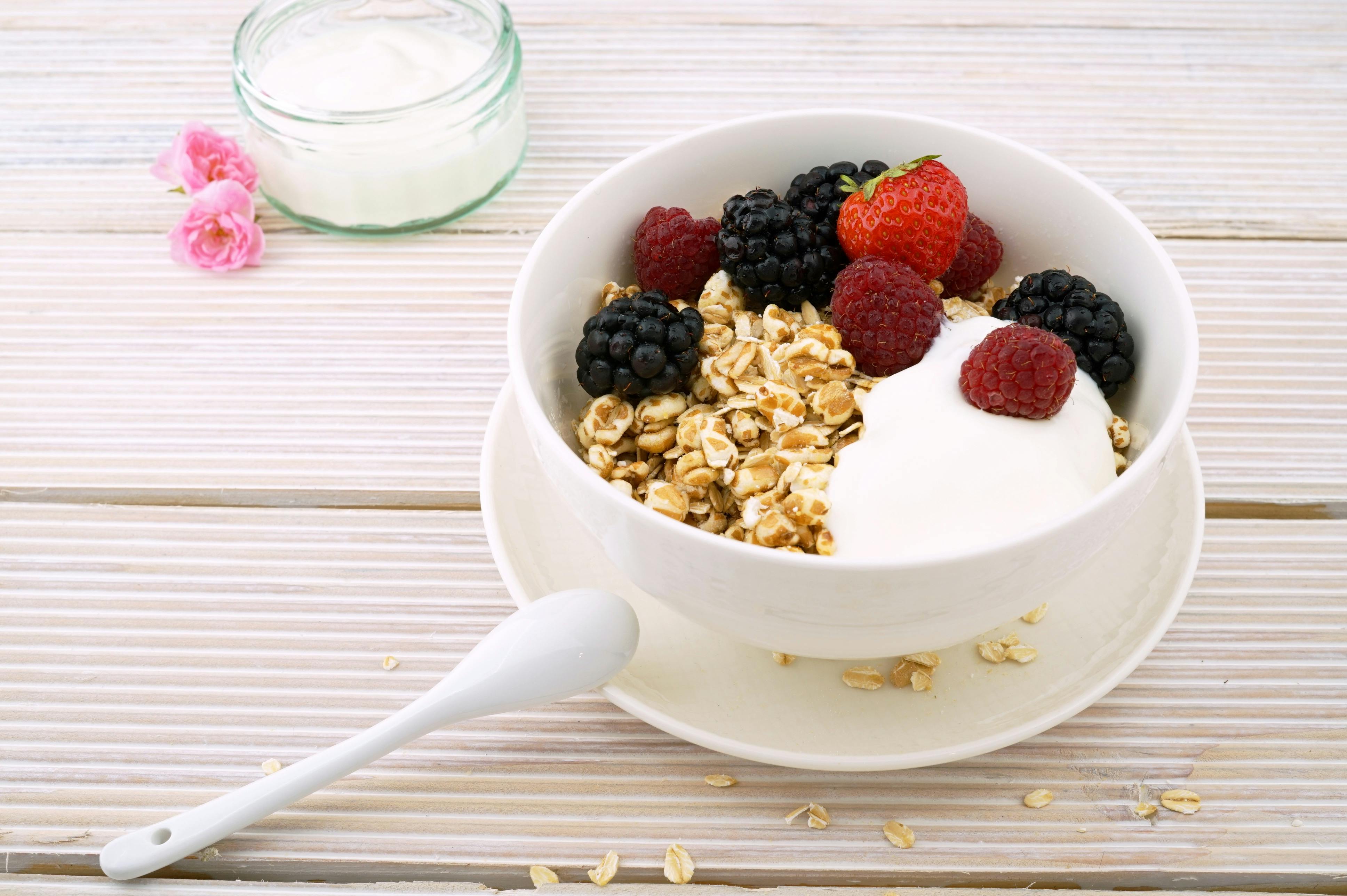
When it comes to yogurt and acne, not all types are created equal. Greek yogurt stands out because it has lower lactose content and is rich in probiotics, which may promote gut health. Many commercial yogurts are loaded with added sugars and artificial ingredients, leading to higher insulin levels that might contribute to acne flare-ups.
| Yogurt Type | Lactose Content | Potential Acne Impact |
|---|---|---|
| Greek Yogurt (Plain) | Low | Less likely to trigger breakouts |
| Regular Yogurt | Higher | Possible acne trigger |
| Flavored Yogurt | Varies (Often High) | May worsen acne due to sugar and additives |
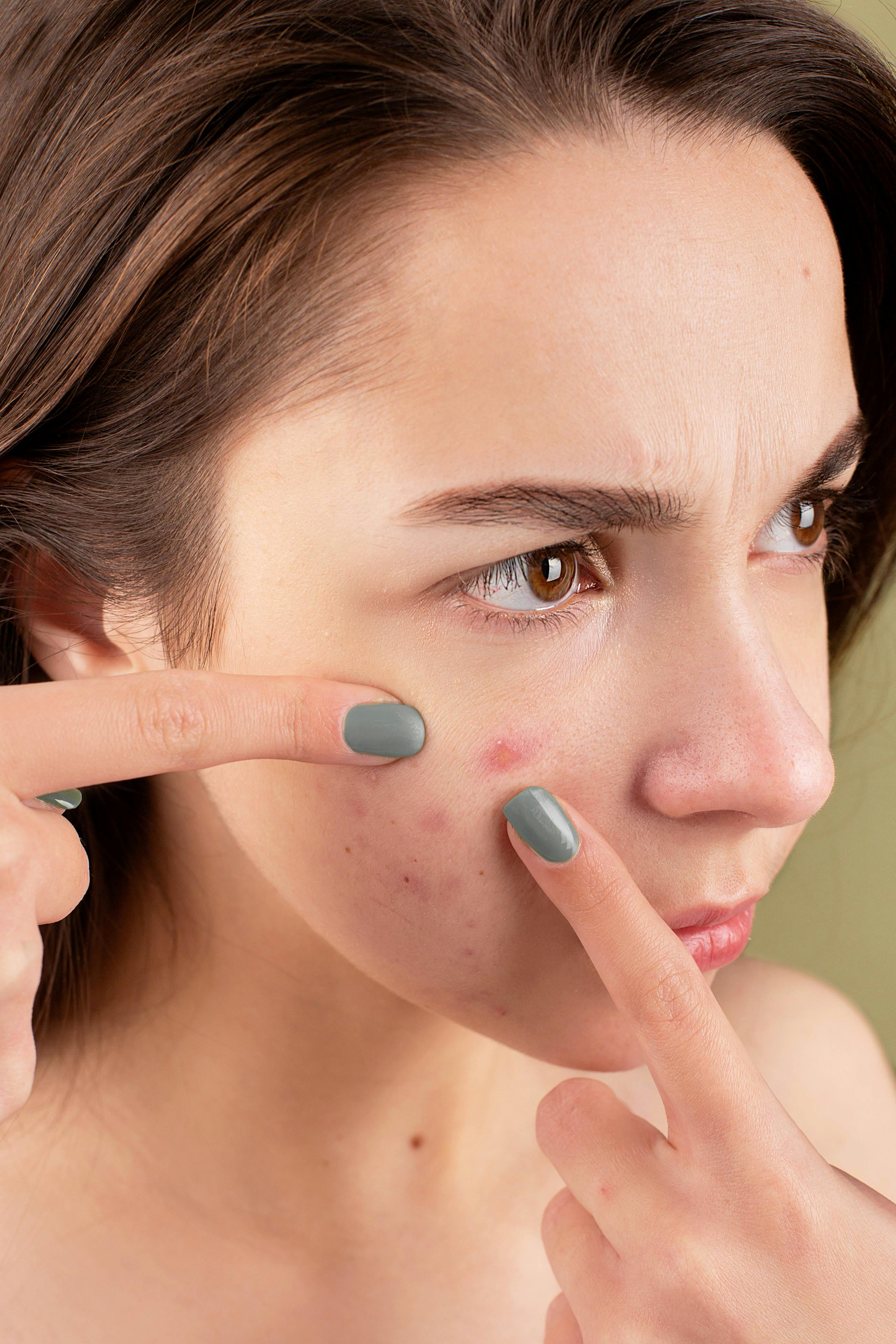
Beyond dairy, overall diet plays a crucial role in skin health. Eating a high-glycemic diet, which includes refined sugars and processed foods, can spike insulin levels and fuel acne development. A more balanced, whole-food diet with plenty of vegetables, healthy fats, and lean proteins supports clearer skin.
If you suspect Greek yogurt is affecting your skin, try an elimination diet for a few weeks and monitor changes. Some people find that removing all dairy significantly improves their acne, while others can tolerate Greek yogurt without issues. Testing what works best for your body is key.
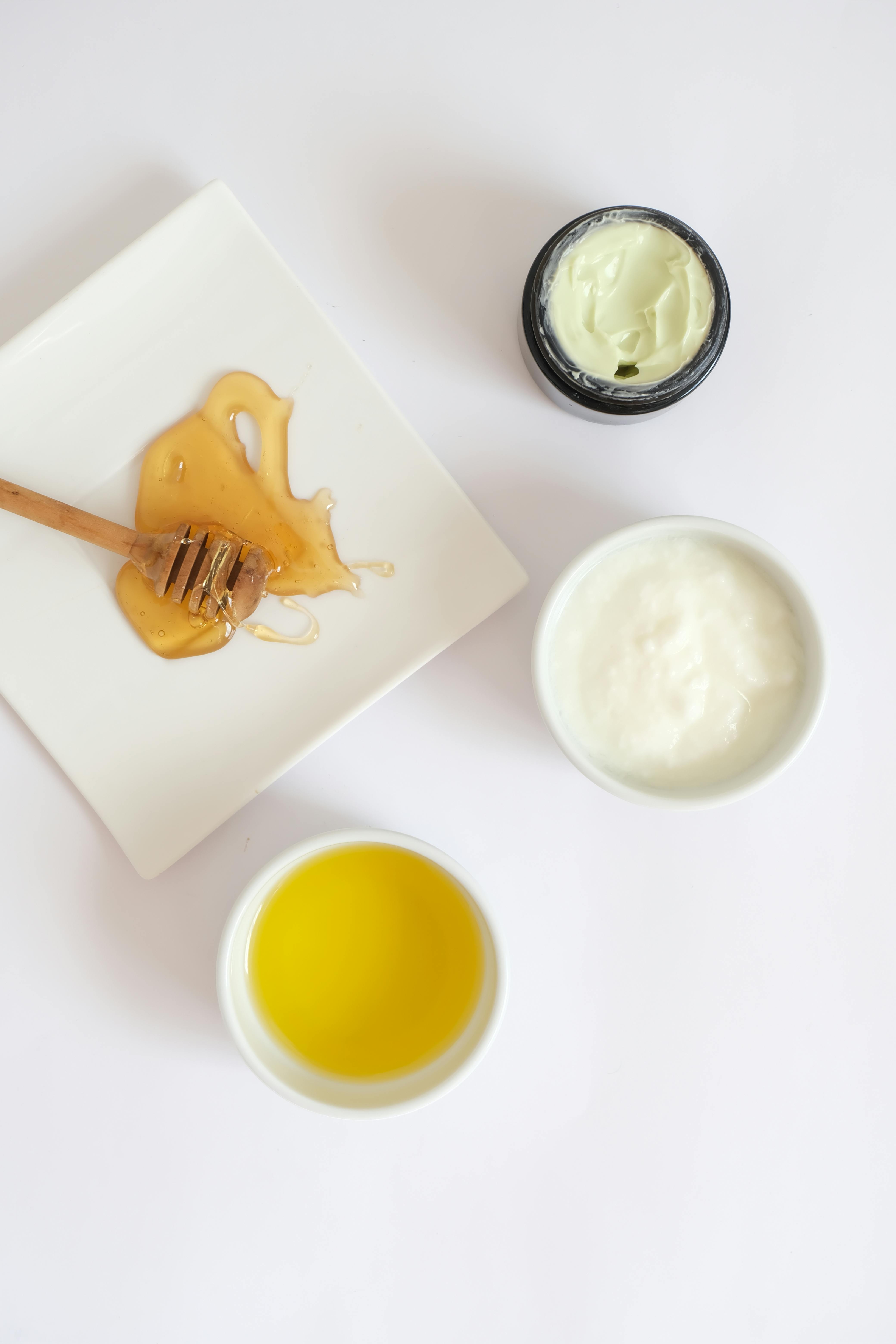
Interestingly, some use Greek yogurt as a topical face mask, claiming benefits from its lactic acid and probiotics. While this may work for some, there’s limited scientific evidence proving its effectiveness in acne treatment. If you have sensitive or acne-prone skin, patch test first to avoid potential irritation.
Have you noticed any changes in your skin from eating or using Greek yogurt? Share your experiences in the comments below!
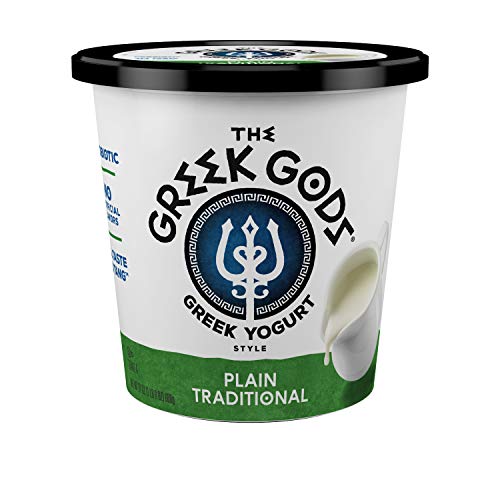
Indulge in the rich, creamy texture of The Greek Gods Plain Traditional Greek Yogurt. This probiotic-rich yogurt is crafted in the authentic Greek style, offering a smooth blend perfect for breakfast or snack time. With no added flavors, it’s a versatile base for your favorite fruits, granola, or savory dishes. Enjoy the taste and health benefits of this nourishing yogurt made with live and active cultures, supporting your digestive health in every delicious spoonful.
Greek yogurt is generally not a direct cause of acne. Acne occurs when hair follicles become clogged with oil or dead skin cells. However, some individuals with specific sensitivities to dairy or hormones in milk may notice acne flare-ups. Opting for Greek yogurt that's low in added sugars and rich in probiotics may help minimize any negative effects.
Dairy-free yogurts, such as almond or coconut milk-based types, generally do not contain the hormones found in cow's milk that could contribute to acne. They can be a good alternative for those who find that traditional dairy products contribute to skin issues.
Greek yogurt is rich in probiotics, which can support gut health and, indirectly, skin health too. A healthy gut microbiome is often linked to less inflammation in the body, potentially reducing the risk of acne. Additionally, it provides nutrients like calcium and protein that support overall wellness.
Yes, a balanced diet that limits processed foods, added sugars, and high-glycemic-index foods may help reduce acne. Including anti-inflammatory foods such as nuts, seeds, leafy greens, and omega-3-rich fish can also positively impact skin health.
Acne can be influenced by several factors, including stress, hormonal changes, skincare routines, and even sleep patterns. Consistently cleansing your skin, managing stress levels, and using non-comedogenic products may help reduce acne breakouts.
As we navigate the complexities of skincare and diet, it’s always refreshing to find a community where we can share insights and experiences. We’d love for you to be part of this conversation! Whether you're curious about more health and wellness topics or simply enjoy exploring lifestyle tips, we invite you to follow our journey on Instagram for daily updates. You can also check out our curated boards on Pinterest to dive deeper into content that speaks to you. And if you're eager to engage with fellow readers, our Facebook page is the perfect place to start. Don’t be a stranger—stay connected, stay informed, and let’s figure out this skincare journey together!